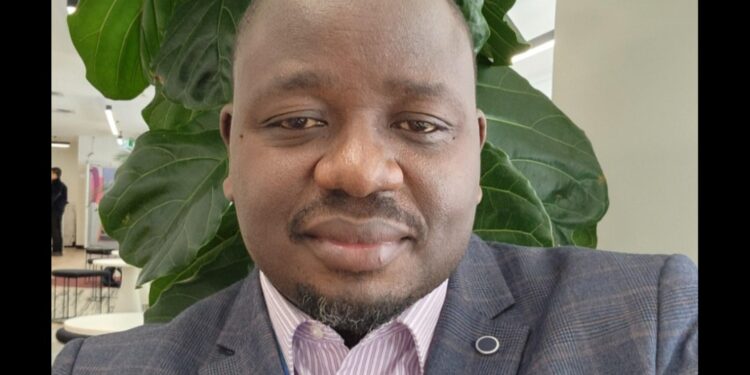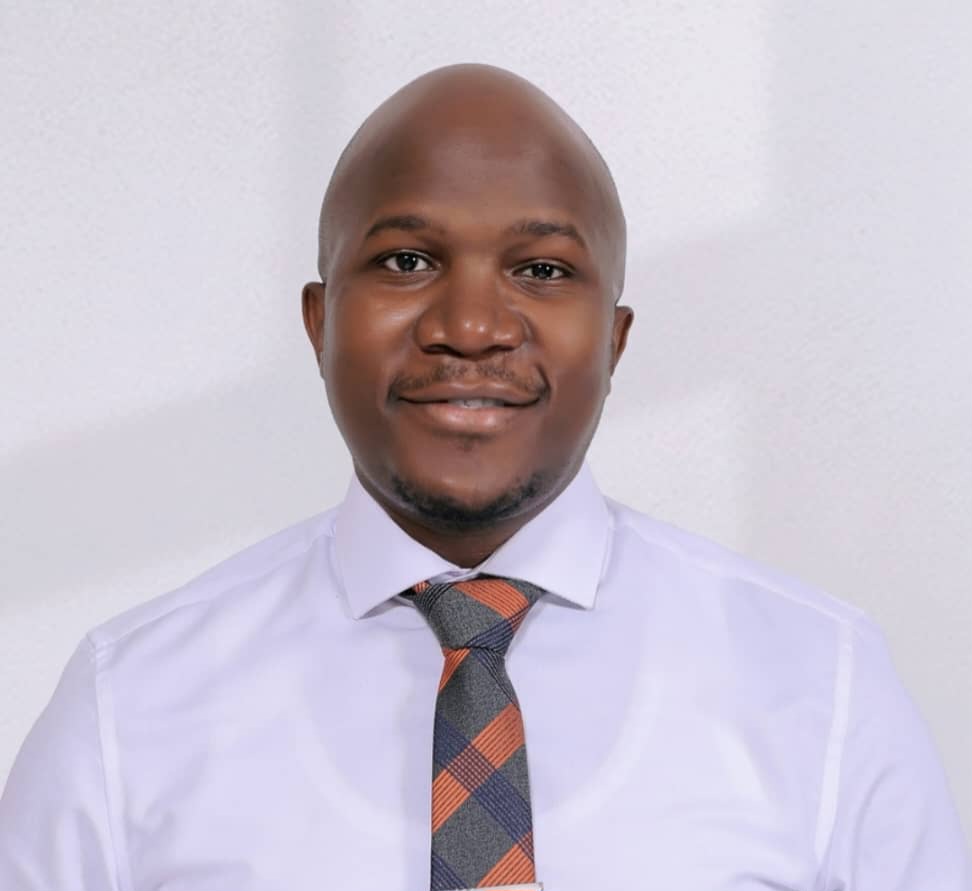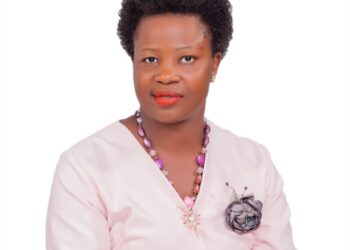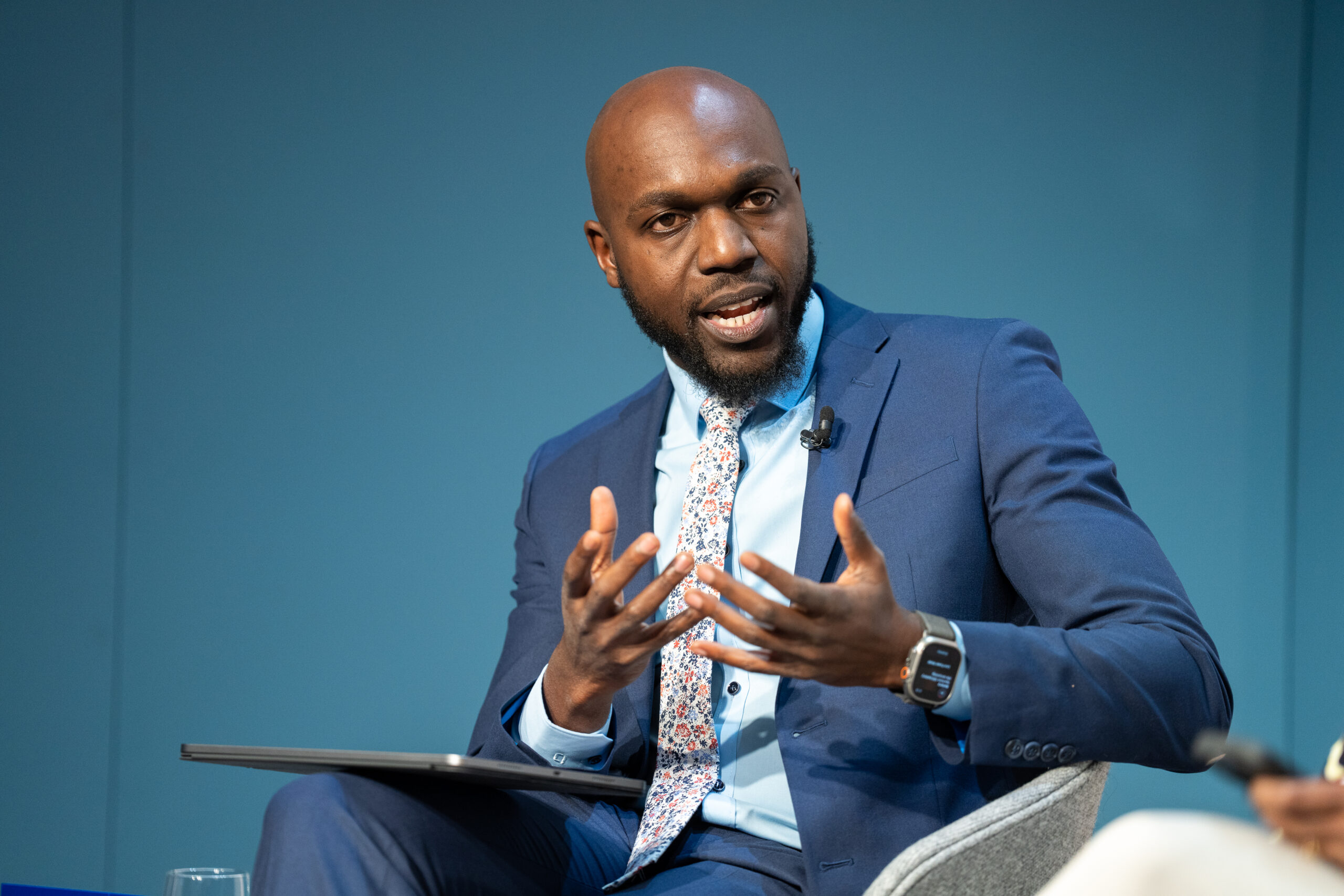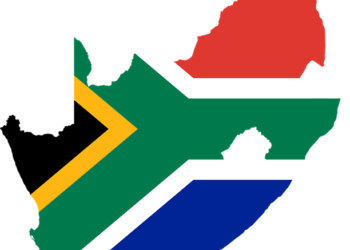The Weekend New Vision’s recent story warning of a looming political crisis in Katakwi, triggered by the rivalry between Vice-President H.E Jessica Alupo and Minister of State for Sports, Hon Peter Ogwang, has generated much debate. The article paints the picture of a party at “boiling point,” with opposition forces circling “like vultures” ready to exploit the disunity.
It is true that political disagreements exist between the two leaders. Their competition has been visible over the years, from the 2016 parliamentary race to the more recent mobilisation events. However, to present these differences as an existential threat to the National Resistance Movement (NRM) in Teso sub region, or as a house “tearing itself apart,” is to miss a broader, and a more positive reality.
Let’s give a context, Ugandan politics, right from post-independence to the current leadership under NRM — and indeed politics anywhere — has never been a theatre of perfect harmony. Disagreements are part of the democratic process. Far from signalling collapse, the rivalry in Katakwi district can be interpreted as a natural, even healthy, expression of political vibrancy within the two leaders and the NRM more generally.
Disagreements are democratic oxygen
The NRM is a mass party, drawing strength from a wide range of leaders, constituencies, and perspectives. Within such a broad coalition, it is inevitable that personalities will clash, ambitions will compete, and loyalties will differ. What matters is not the existence of disagreements but how they are managed.
If a party has no internal debate, no contest of ideas or personalities, then it risks stagnation. Internal competition sharpens leaders, keeps them accountable to their supporters, and prevents complacency. In this light, the H.E Alupo–Hon Ogwang rivalry is not indicative of a weakness, however, it highlights a party that continues to generate energy, contestation, and mobilisation at the grassroots.
Healthy competition, not hostile division
Much of the commentary on Katakwi frames the relationship between the two leaders in militaristic language: “cold war,” “digging trenches,” “boiling point.” This framing distorts the realities on the ground. What is at play is not a war but a competition — competition for loyalty, for mobilisation capacity, and ultimately for the trust of the people.
When Vice-President H.E Alupo organises a rally with fellow ministers, or when Minister Hon Ogwang hosts his own event with other political heavyweights, each is mobilising their networks within the NRM. Their different approaches reflect the diversity of constituencies in Katakwi. Both leaders are testing their political strength, as politicians inevitably do. This does not mean that the party is collapsing. It means it is alive.
The NRM’s built-in mechanisms
The NRM is not without tools to manage such rivalries. Its well-established structures — from the village to the national level — exist precisely to mediate and harmonise internal differences. Party primaries, caucuses, and consultative forums give space for leaders and supporters to contest, reconcile, and realign.
President Yoweri Museveni, as party chairman, has often emphasised that differences are natural in any mass movement. He has urged leaders to focus on what unites them rather than what divides them. It is important that grassroots leaders in Katakwi place trust in these party mechanisms, rather than magnify disagreements into crises.
The call for the President Yoweri Museveni to intervene directly in every local disagreement underestimates the resilience of these structures. Local party leaders — at district, sub-county, and parish levels — have the capacity to mediate and create space for dialogue. The NRM is strong not because it avoids disagreements, but because it has the institutional means to resolve them.
The People of Teso know their politics
It is also important to remember that voters in Katakwi and the wider Teso region are not passive pawns. They are politically mature and can distinguish between personal rivalries and the larger vision of the NRM.
In 2016, when Hon Alupo lost her parliamentary seat after Hon Ogwang supported her rival, the party did not collapse in Teso. In 2020, when she faced another bruising contest, she still returned as Vice-President, while Hon Ogwang was appointed Minister. Despite heated primaries and visible rivalries, the NRM has consistently retained its dominance in Teso, and particularly in Katakwi.
This demonstrates that the party’s support base is more bigger than the sum of individual leaders. The people of Teso remain loyal to the broader movement, even when personalities clash.
Unity in diversity
The presence of strong personalities like Hon Alupo and Hon Ogwang in Katakwi should be seen as an asset, not a liability. Each brings unique strengths to the table. Hon Alupo, as Vice-President, embodies national stature and experience. Hon Ogwang, as a younger minister, brings energy and connection to the youth (Aba Zukulu). Together, they represent the diversity within the NRM — a movement that has always thrived on balancing continuity with renewal.
As the 2026 elections approach, the challenge for the NRM is not to eliminate differences but to channel them productively.
Unity does not mean uniformity. It means recognising diversity of opinion while keeping sight of the shared vision: service to the people and continuity of the party’s transformative agenda.
A party strengthened, not weakened
To frame Katakwi’s political scene as a crisis is misleading and deceptive. Political tempers, yes, are high. But politics without passion is dead politics. The real test of a mature party is whether it can accommodate those passions, reconcile them, and turn them into collective strength.
The NRM has done this before, and it will do so again. The rivalry between Hon Alupo and Hon Ogwang is not tearing the party apart. It is a reminder that the party is vibrant, that its leaders are active, and that its grassroots remain engaged.
If handled with maturity, these differences can energise mobilisation, sharpen accountability, and deepen the NRM’s connection to the people. This is not the end of unity. It is the foundation of it.
Dr. Samuel B. Ariong (PhD) is lecturer based in Australia, and a Model Farmer in rural Eastern Uganda.
Do you have a story in your community or an opinion to share with us: Email us at editorial@watchdoguganda.com

